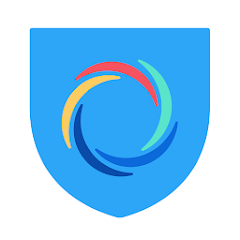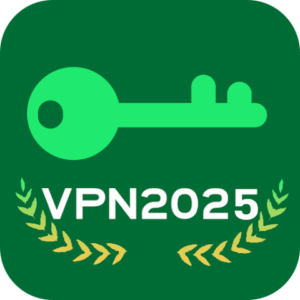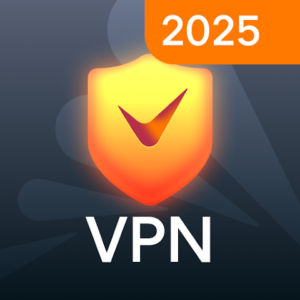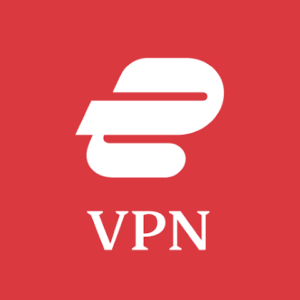Geph is more than just a VPN or proxy—it’s a powerful, cross-platform, open-source tool engineered to restore your digital freedom in the age of growing online censorship. Whether you live under a restrictive regime or simply want a more private and secure way to access the open web, Geph empowers users to break through digital walls and connect with the world beyond.
Built specifically to overcome state-level firewalls and surveillance systems, Geph goes far beyond what typical VPNs and web proxies can offer. With advanced obfuscation technologies and decentralized architecture, it stands as a trusted solution for users in some of the most heavily censored countries around the world. For many, it’s not just a privacy tool—it’s a lifeline to truth, freedom, and connection.
What Is Geph?
Geph is a cross-platform application available for Windows, macOS, Linux, and Android. Its purpose is simple but essential: to provide reliable and secure access to the open internet, especially in regions where access is restricted by firewalls, content filtering, or government censorship. Unlike many mainstream VPN services that can be easily blocked or monitored, Geph uses state-of-the-art anti-censorship protocols to remain effective even under the most aggressive surveillance and control systems.
What sets Geph apart is its open-source nature, meaning anyone can inspect, audit, and contribute to its development. Transparency is a core value for the Geph project. In a world where digital tools often hide their inner workings, Geph stands out by inviting scrutiny—offering users peace of mind that their privacy and safety are not compromised.
Why Choose Geph Over Traditional VPNs?
Most commercial VPNs rely on standard tunneling technologies like OpenVPN, WireGuard, or IPSec. While these protocols are fast and efficient, they are also relatively easy for sophisticated firewalls to detect and block. Governments with strict censorship policies often identify and shut down VPN traffic using deep packet inspection (DPI) and other advanced methods.
Geph, on the other hand, is designed from the ground up to withstand these attacks. It uses advanced traffic obfuscation, routing methods, and fallback strategies that make its traffic harder to detect and filter. Even if one method fails, Geph is built with adaptive techniques that attempt alternative ways to connect, ensuring the user stays online.
In addition, Geph separates itself by operating a centralized account system that supports automatic authentication and bandwidth management, while still maintaining user privacy and anonymity. This approach not only makes Geph more resistant to abuse but also ensures better quality of service, even for users in high-demand regions.
Key Features of Geph
- Anti-Censorship Design: Geph is built to defeat national-level firewalls, making it a reliable solution even in the most restricted environments.
- Cross-Platform Support: Available on Windows, macOS, Linux, and Android, Geph provides a consistent experience across all your devices.
- Open-Source Transparency: With publicly available source code, users and developers can trust Geph’s commitment to security and freedom.
- End-to-End Encryption: All data is encrypted before it leaves your device, preventing eavesdropping or tampering during transmission.
- Intelligent Routing: Geph automatically finds the best available route for your connection, optimizing for speed, latency, and resilience.
- Adaptive Connectivity: If one connection method fails, Geph seamlessly attempts alternative ones to maintain your access.
- Bandwidth Management: A fair-use bandwidth system ensures stable performance and avoids server overload, even during peak times.
- Lightweight and Efficient: Geph is engineered to be resource-efficient, making it suitable even for low-power or older devices.
Who Can Benefit from Geph?
Geph is ideal for:
- Citizens living under strict censorship, who need a secure and dependable tool to access uncensored information.
- Journalists and researchers working in regions with high surveillance, who require anonymity and freedom of information.
- Students and professionals abroad looking to access blocked content or communicate freely with the outside world.
- Privacy advocates and developers, who value transparency and want to support or contribute to a free internet initiative.













